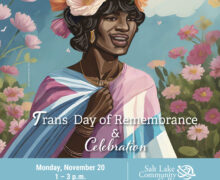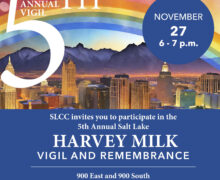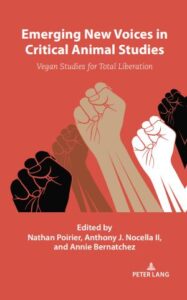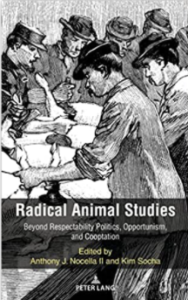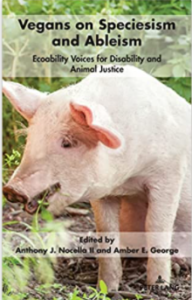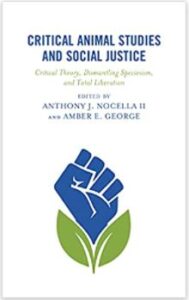Skye Naslund
(In)significant Otherness? Parasites as Companion Species
By, Skye Naslund, PhD Candidate in the Department of Geography at the University of Washington
Abstract
Non-charismatic species are often excluded from popular imaginaries of the category of ‘animal.’ Such exclusions, however, are not limited to the popular realm. While most parasites are indeed animals, seldom are they discussed as such in either popular or biomedical literature. Instead, they are seen as harmful invaders that put animal (including human) lives and wellbeing at risk. Traditional (Western) conceptualization of parasites as biomedical disease not only obfuscates their position as living organisms interacting with their hosts, but also fails to consider the particular geographic and sociopolitical contexts that impact the parasite-host relationship. While parasites are, by definition, parasitic, and thus defined by their relationship with their hosts, the multi-directional nature of the parasite-host relationship often remains unexamined. This paper employs personal experience, published accounts of host-parasite interactions, and research on parasites themselves to examine parasites as companion species and significant others, pushing Haraway’s conceptualization of companion species and significant others beyond the realm of charismatic species. This research traces the relationships between parasite and host using the hookworm-human assemblage to explore not only how humans relate to their parasites, but also how parasites negotiate a shared physical space and temporal existence with their human hosts. In examining how parasites and their hosts have evolved in tandem and now live together in shared bodies, this paper seeks to expand our conceptions of companionship to include those relationships that are not always mutually beneficial. Further, in exposing the violence done to parasites, both physically in the ‘treatment’ of them and conceptually through the discourses produced around them, the violence done to hosts, and those populations imagined to be hosts, is also illuminated.
Bio
Skye Naslund is a doctoral candidate in the Department of Geography at the University of Washington. Though she originally came to her research through a lens of health geography, she draws on posthumanism and critical animal studies to examine parasite-host relationships and the ways in which parasites and other non-charismatic organisms are overwritten within biomedical research and practice. Troubling the abjection and disgust that are often expressed toward parasites, Naslund considers parasites as companion species and as (in)significant and intimate others, challenging the exclusion of non-charismatic species from both popular and academic imaginaries of what constitutes the category of ‘animal.’


